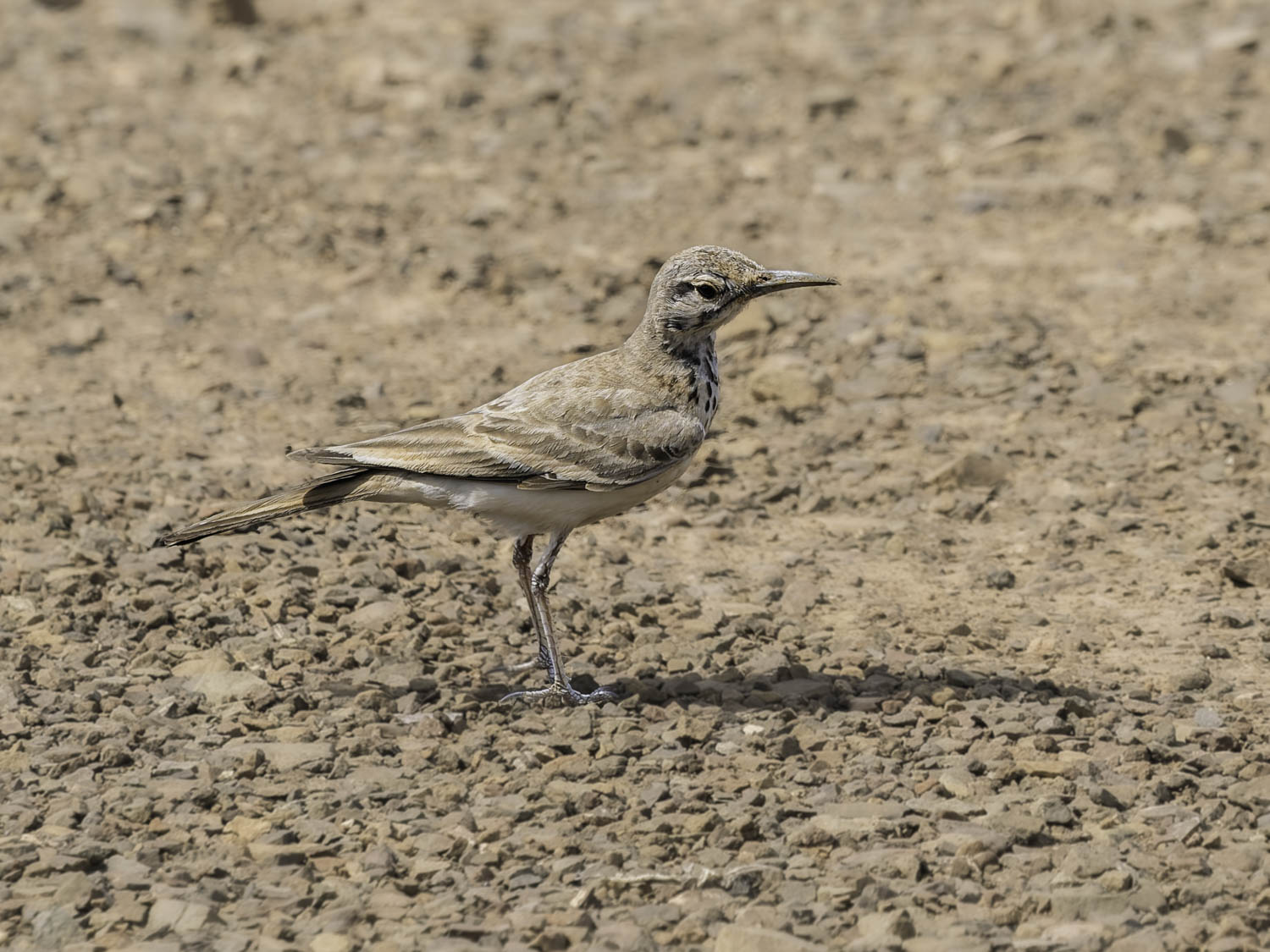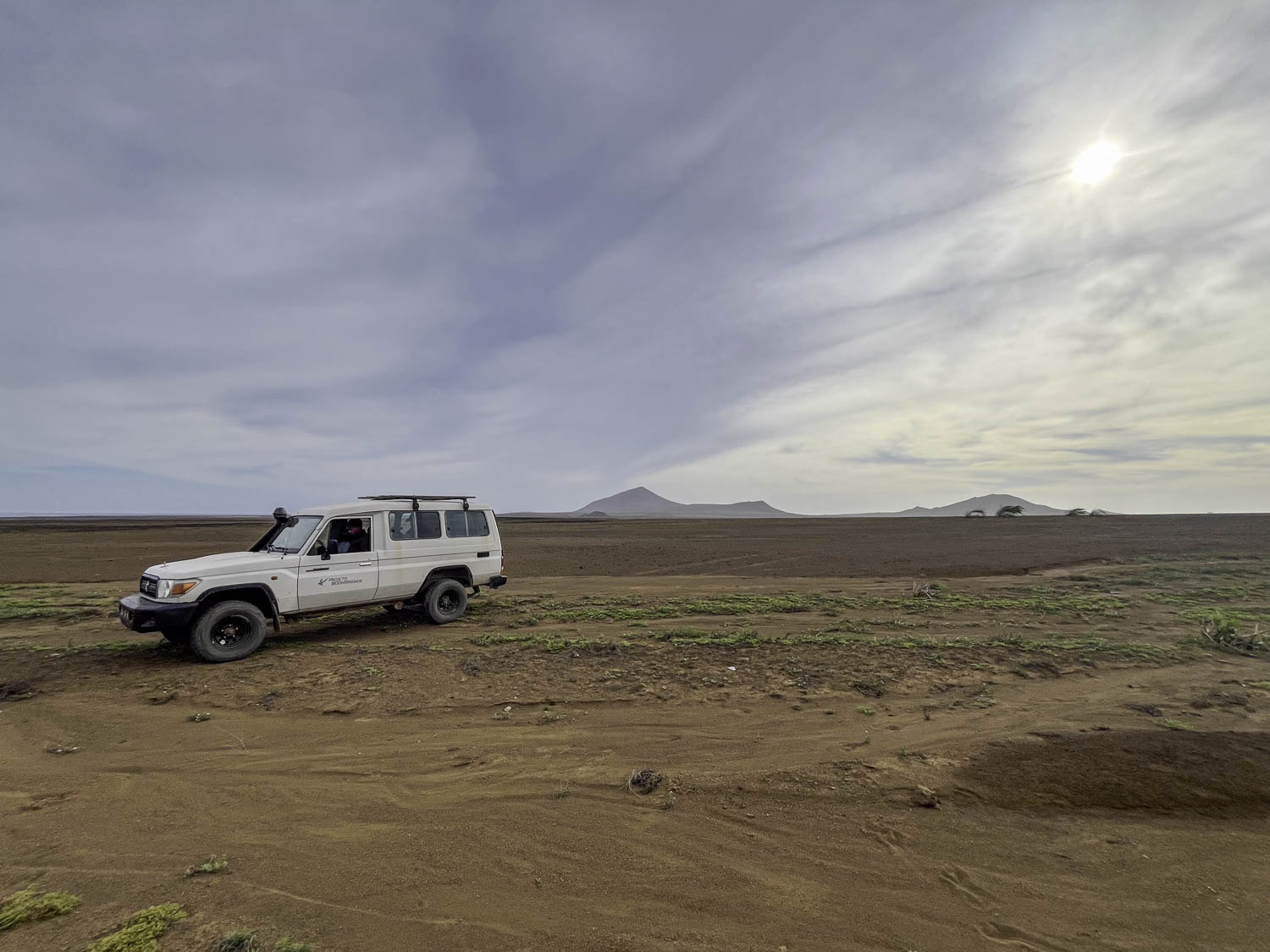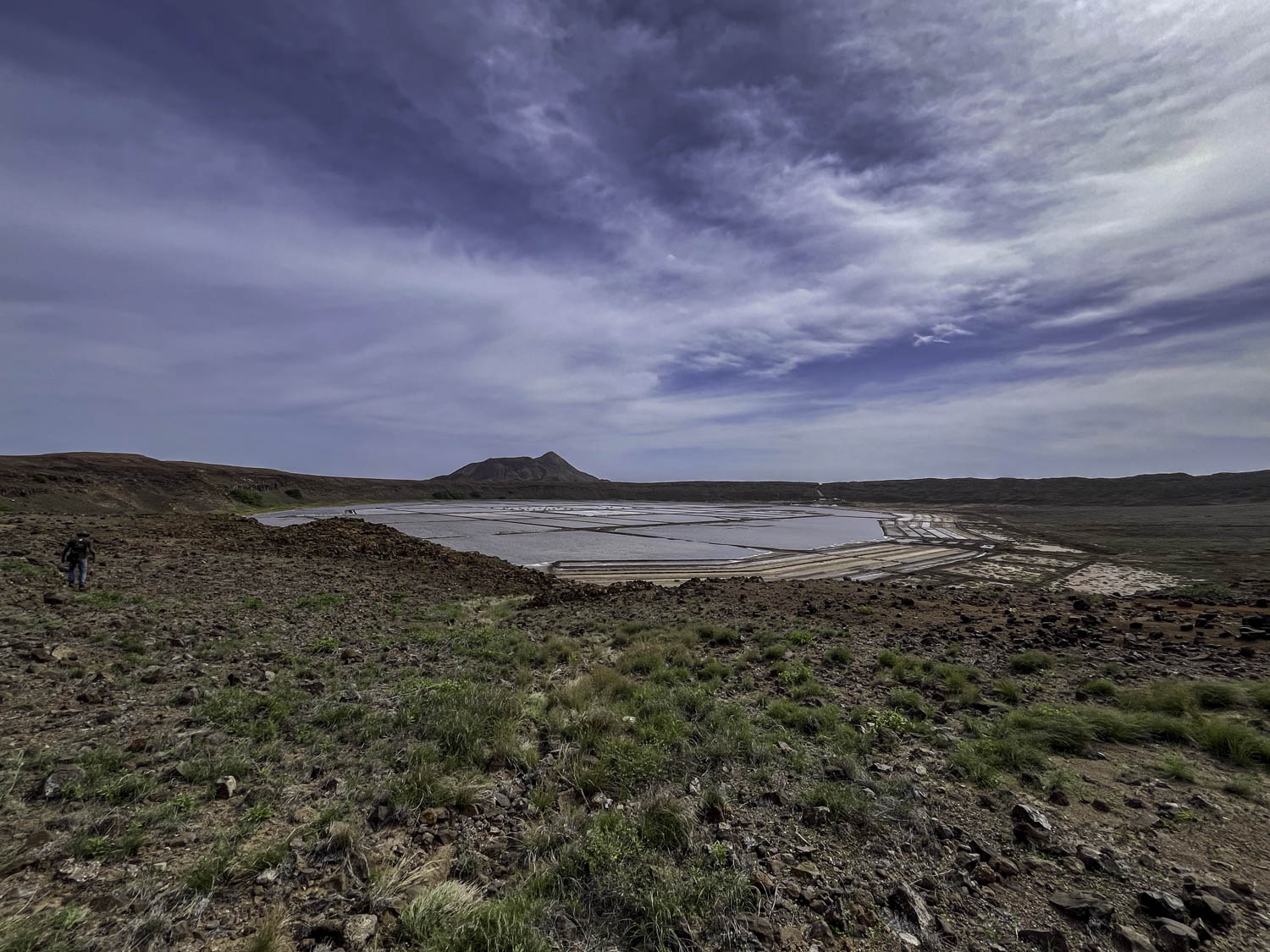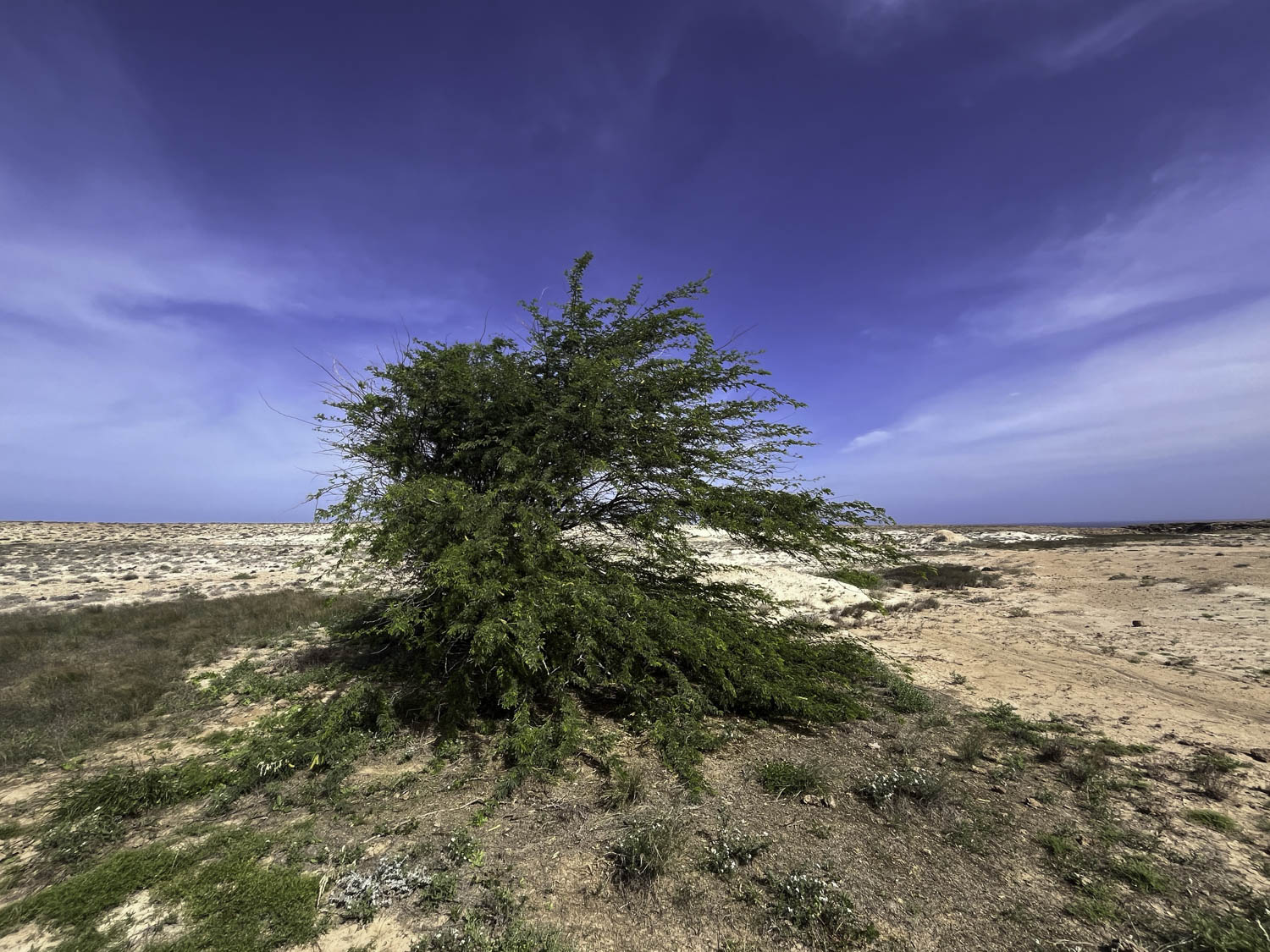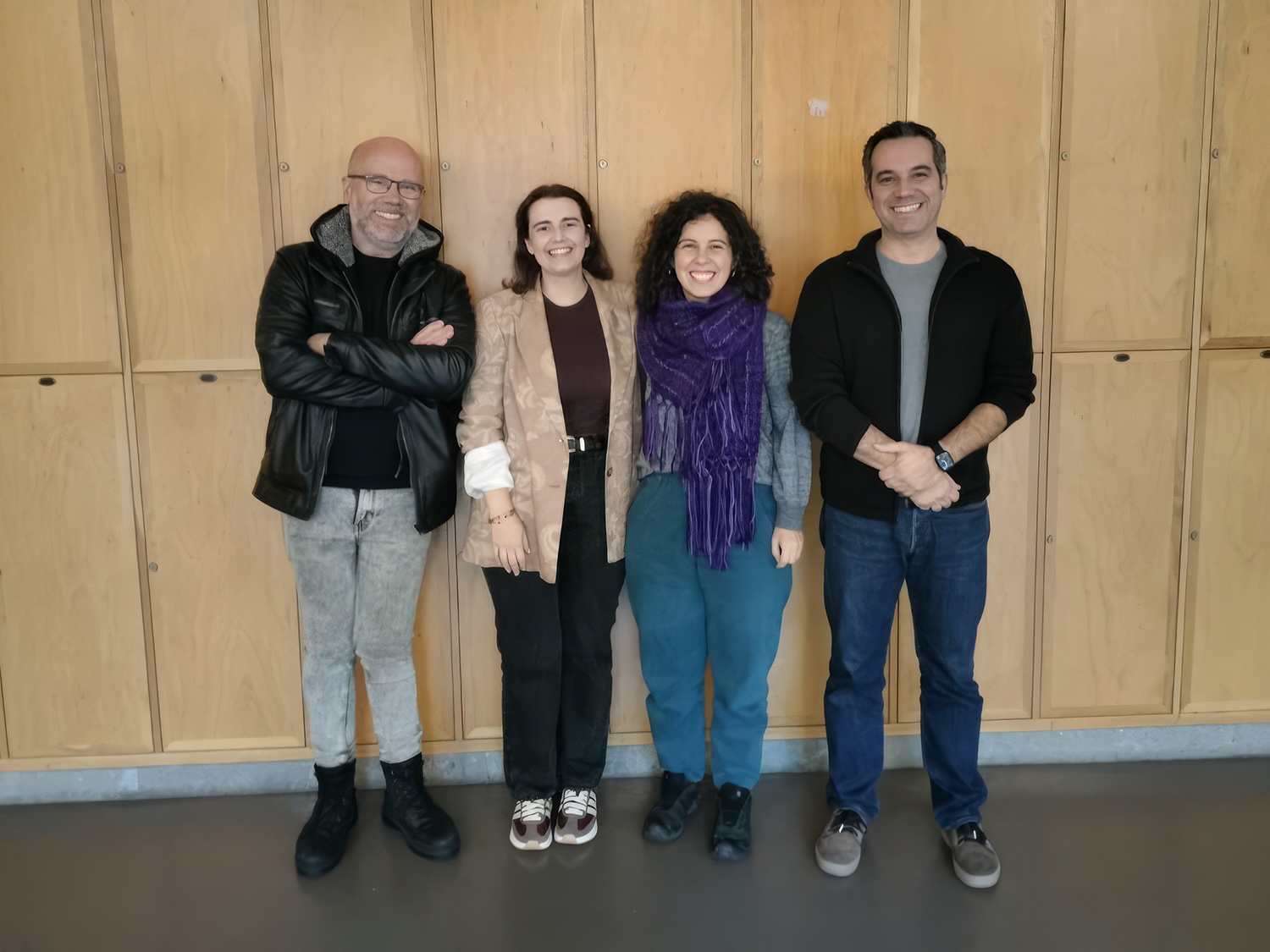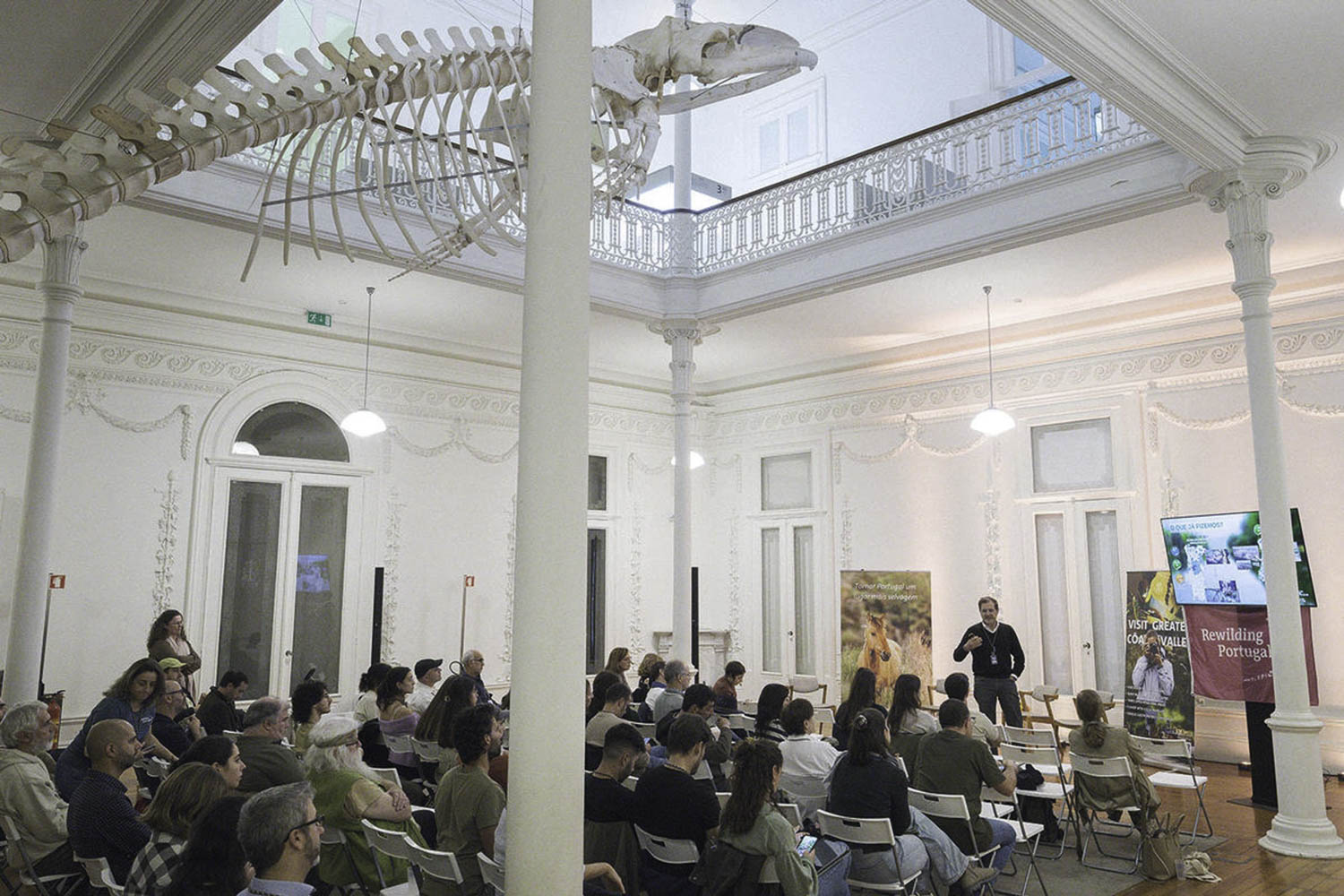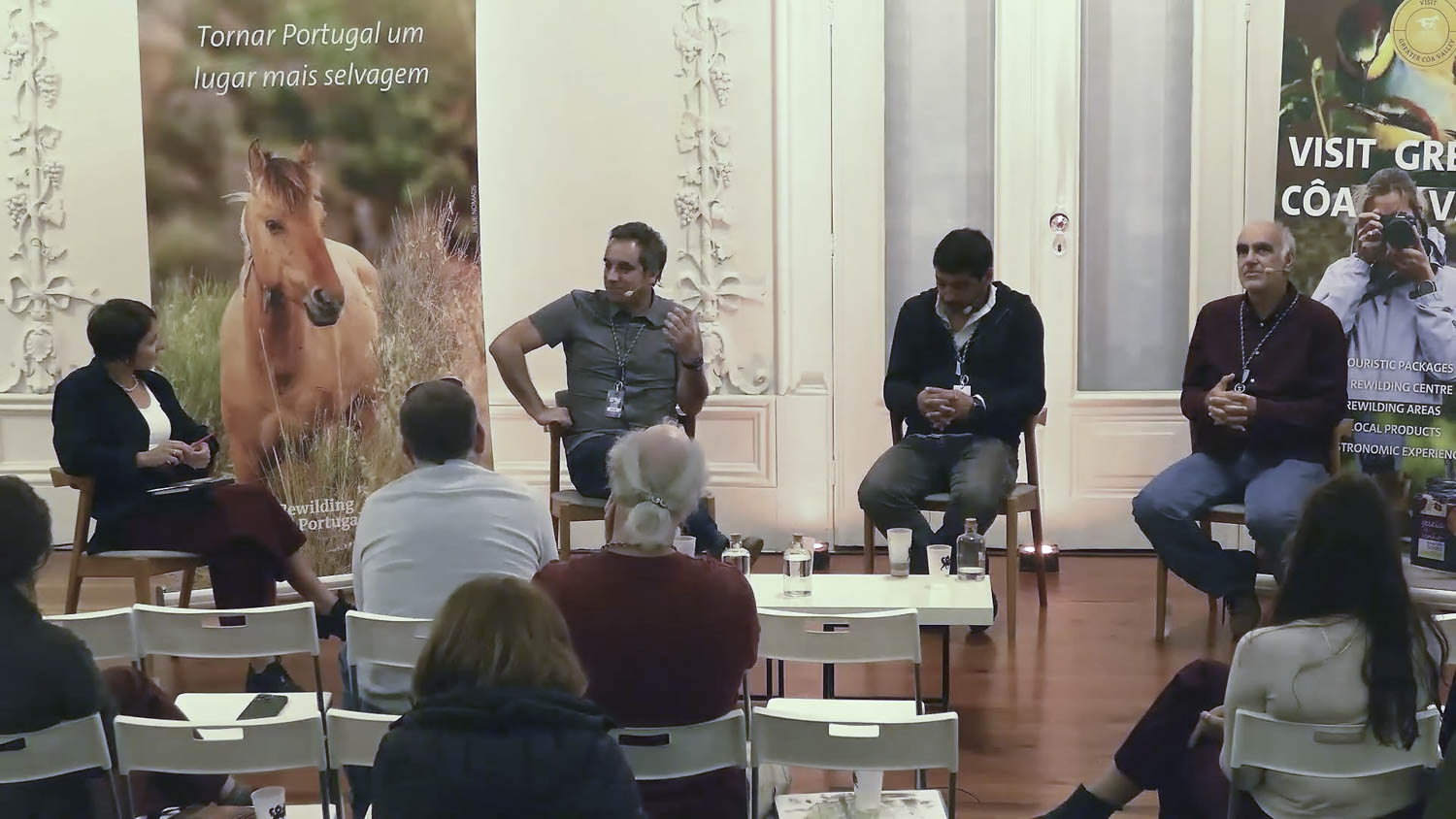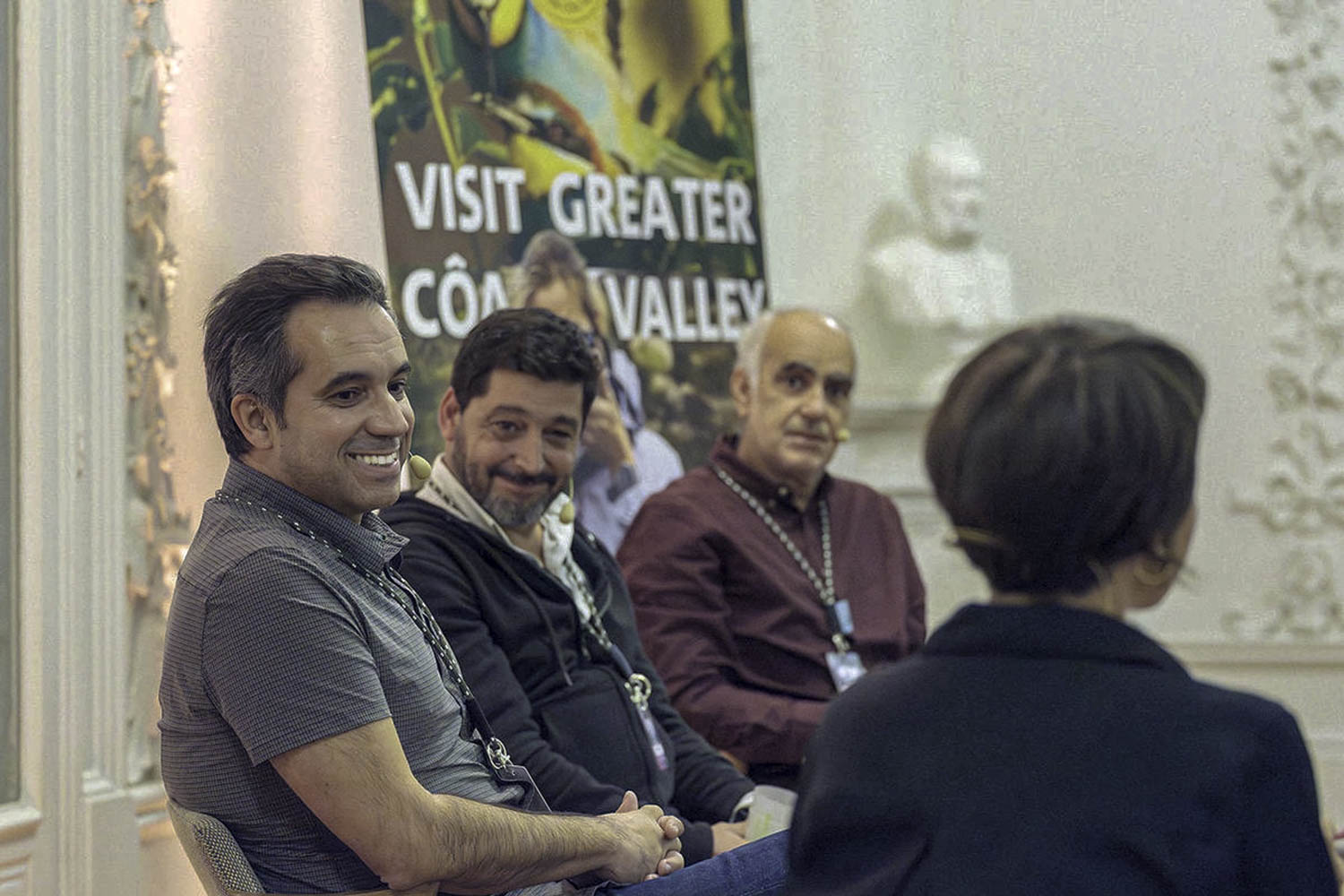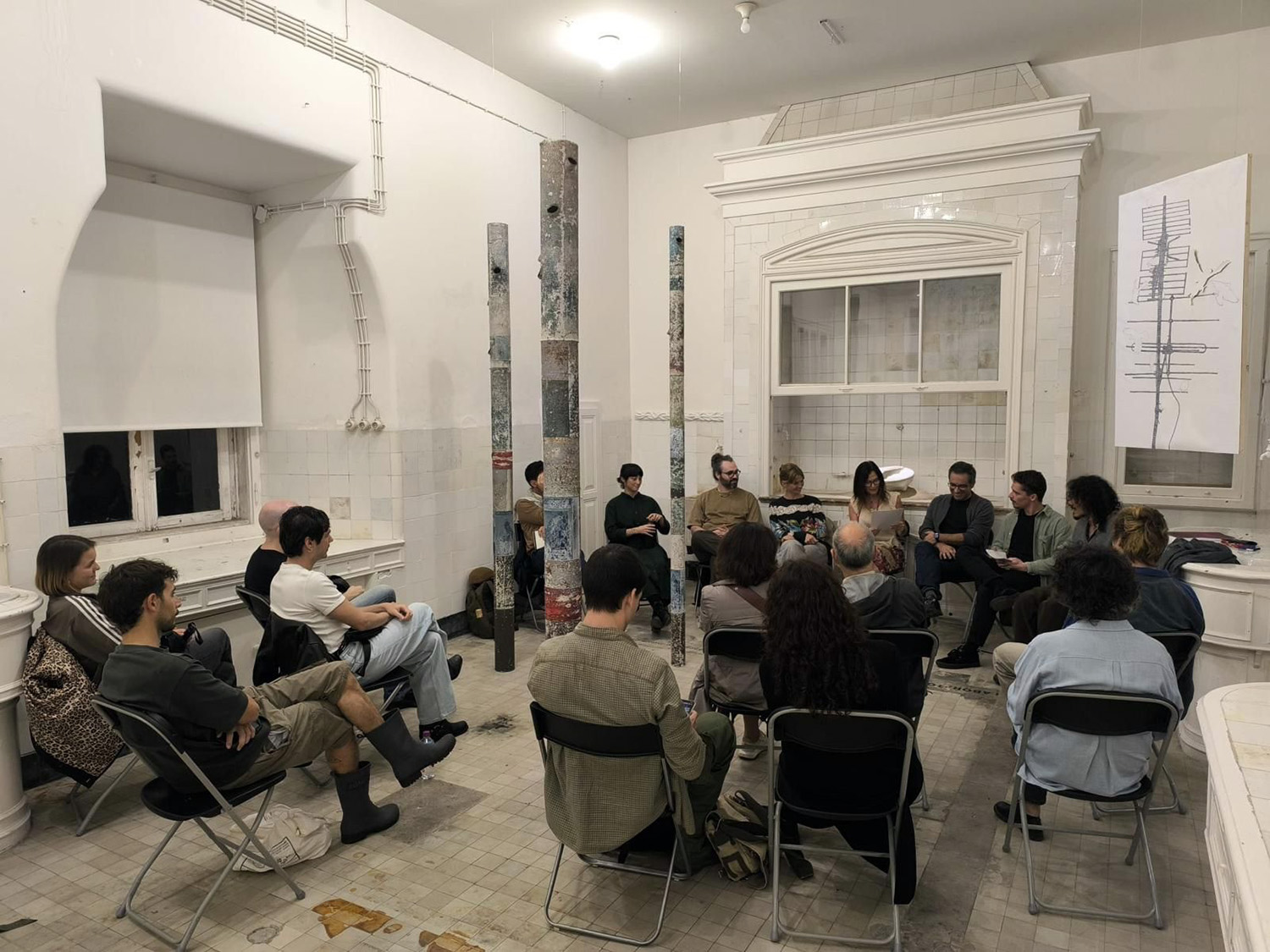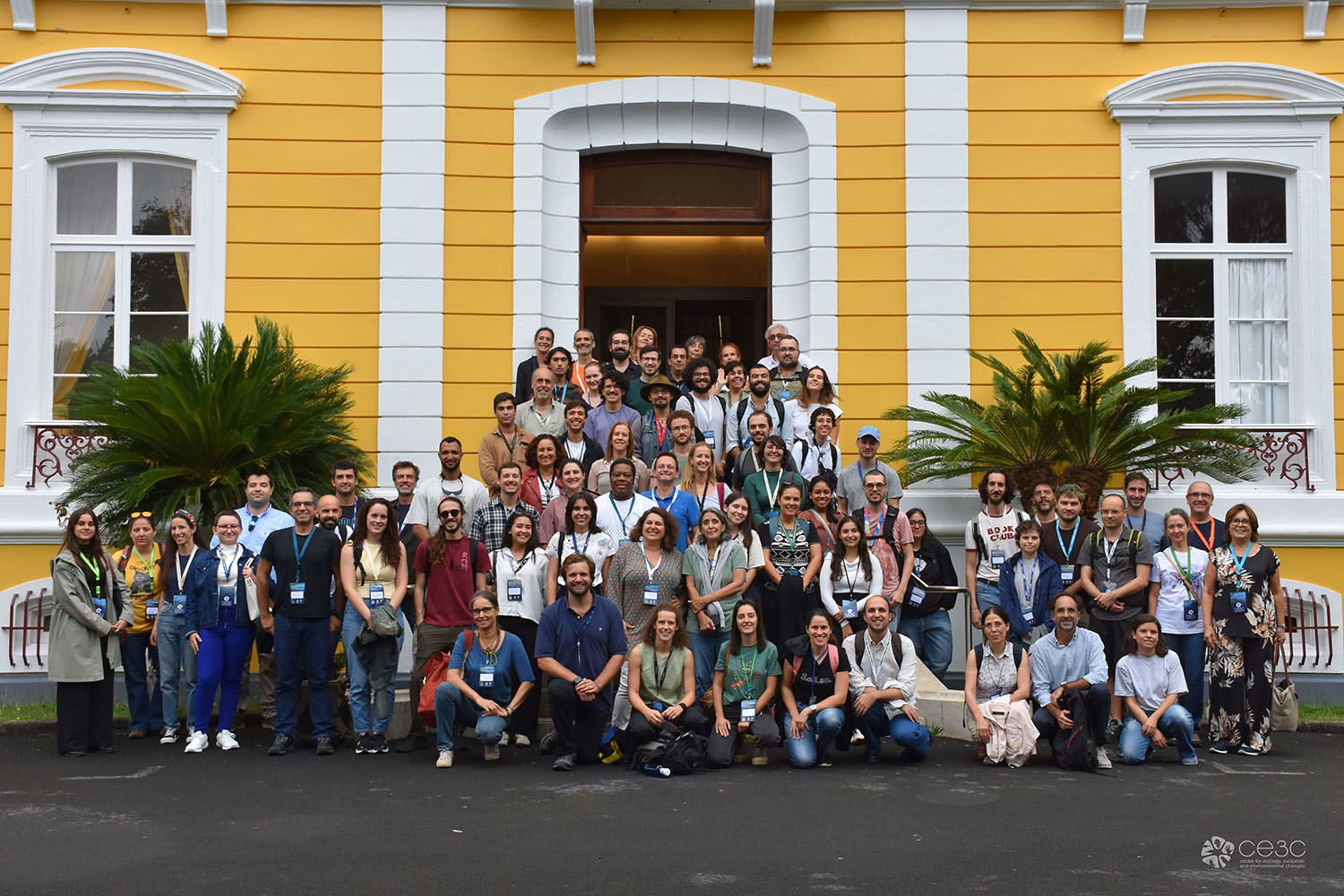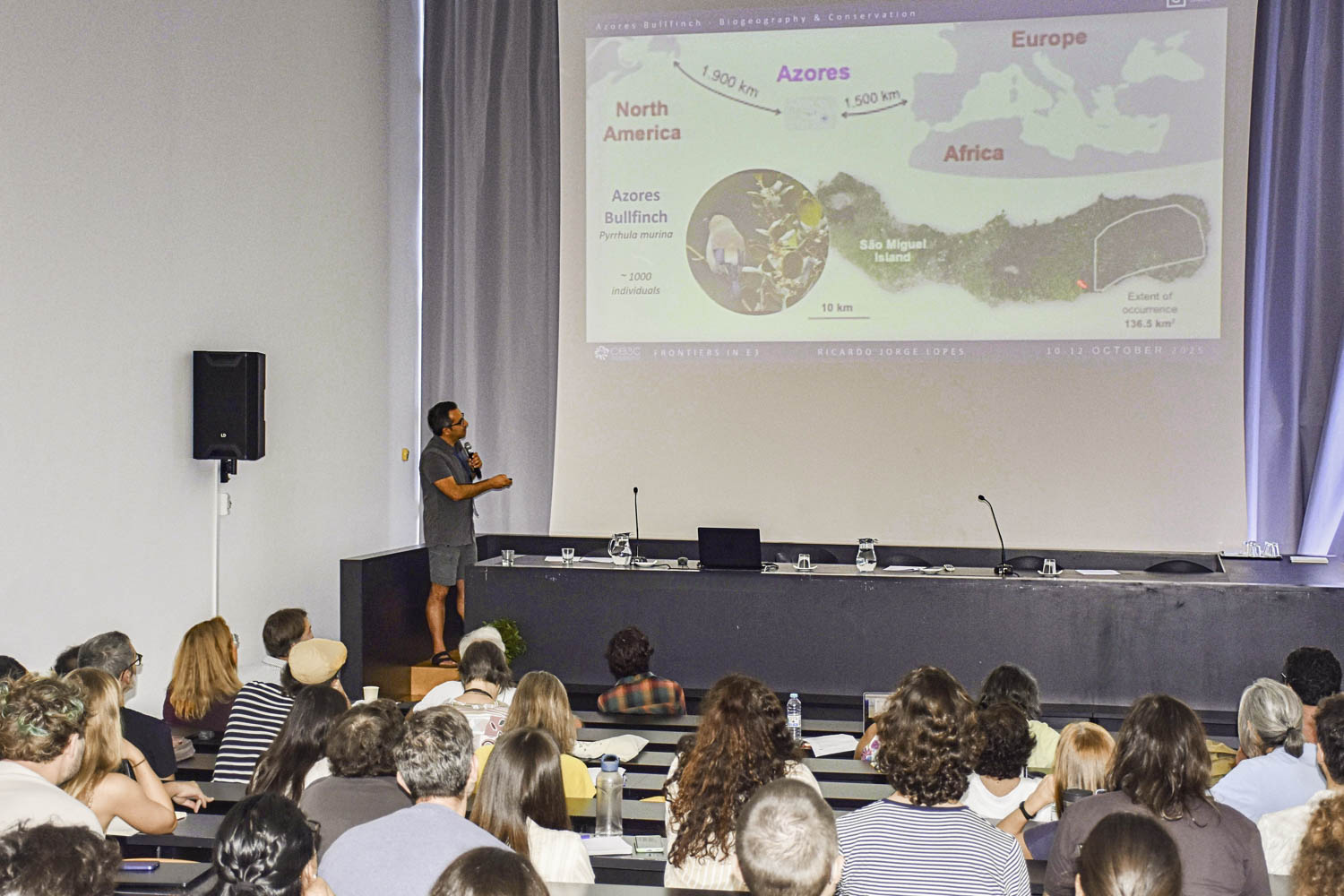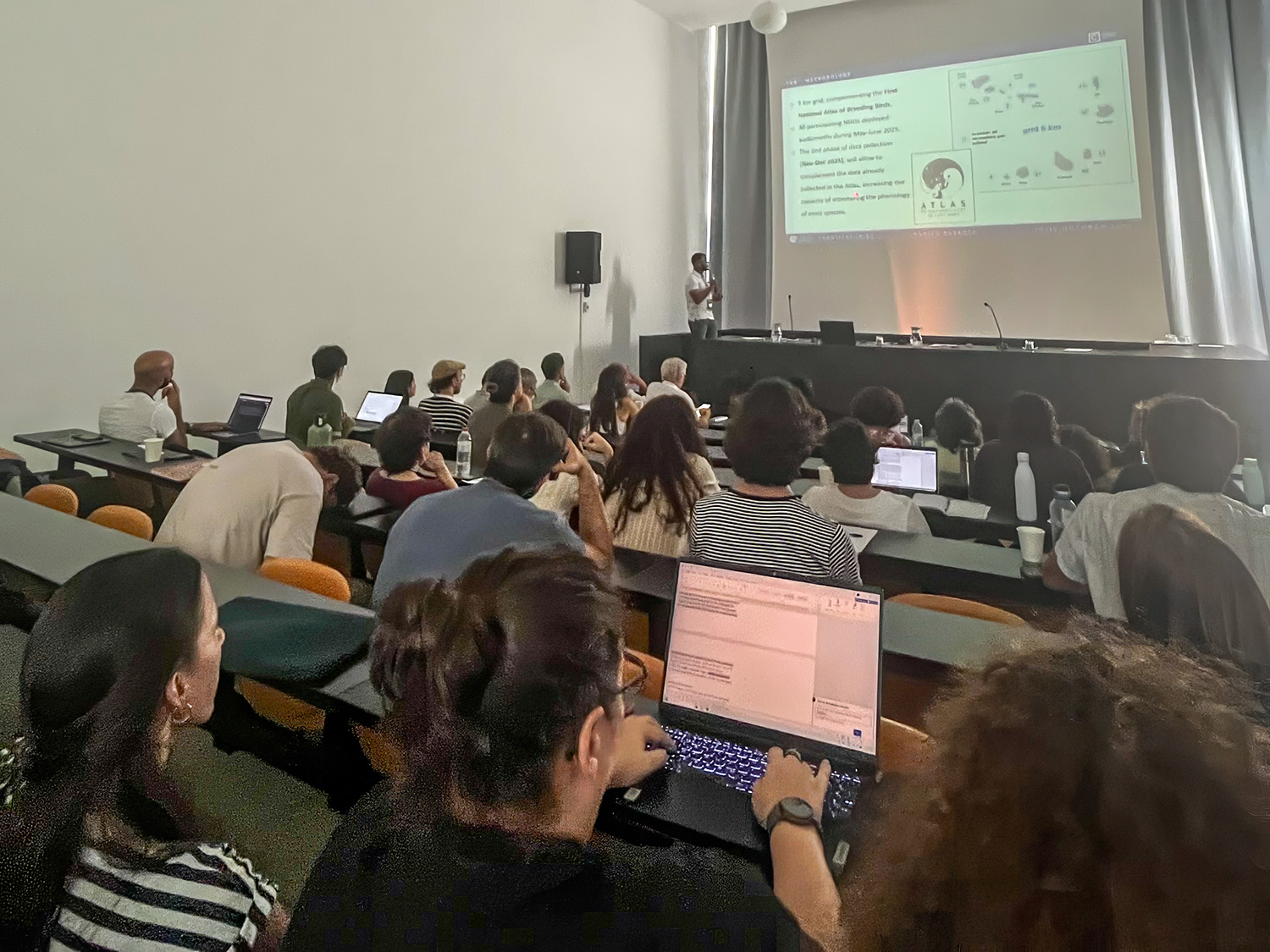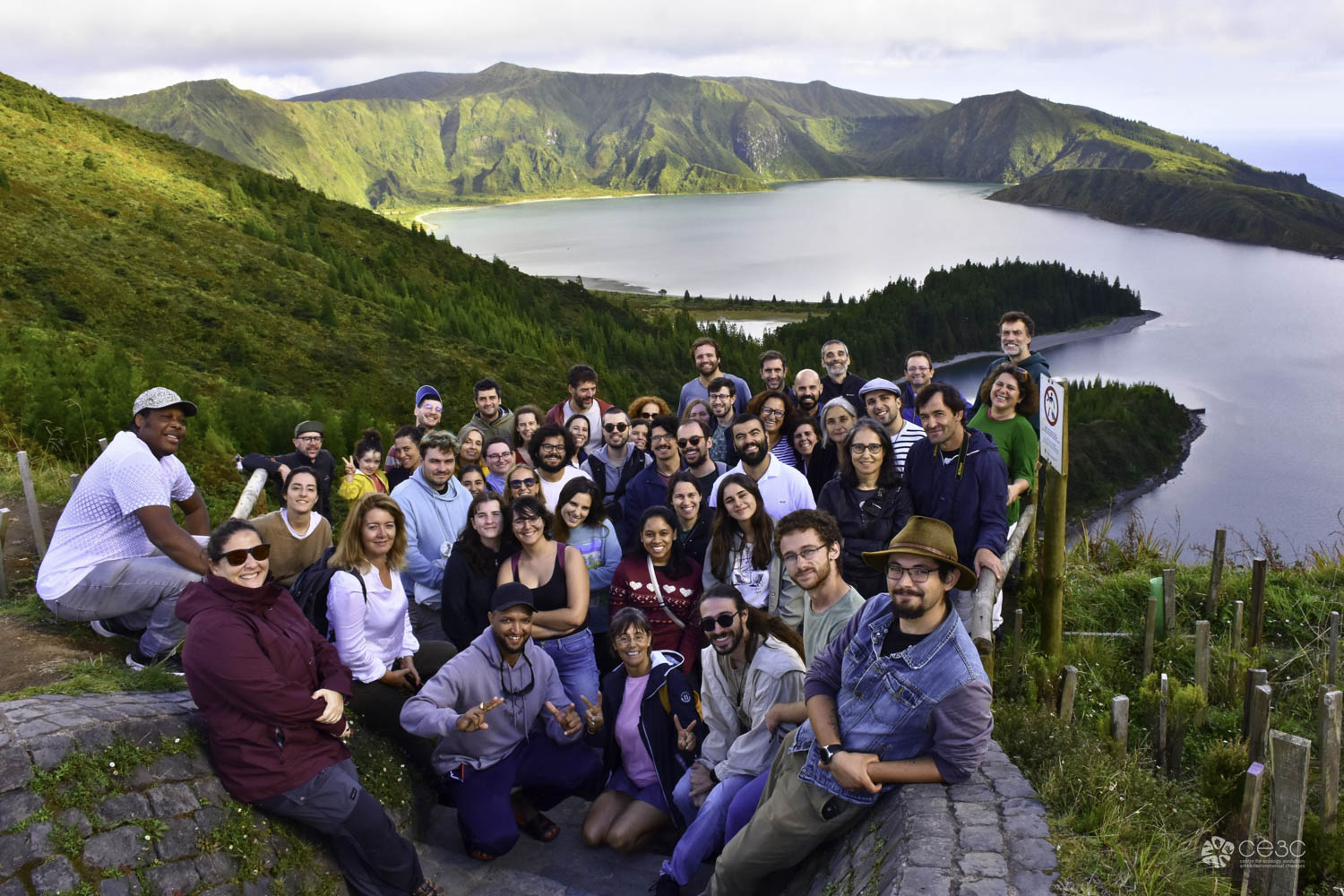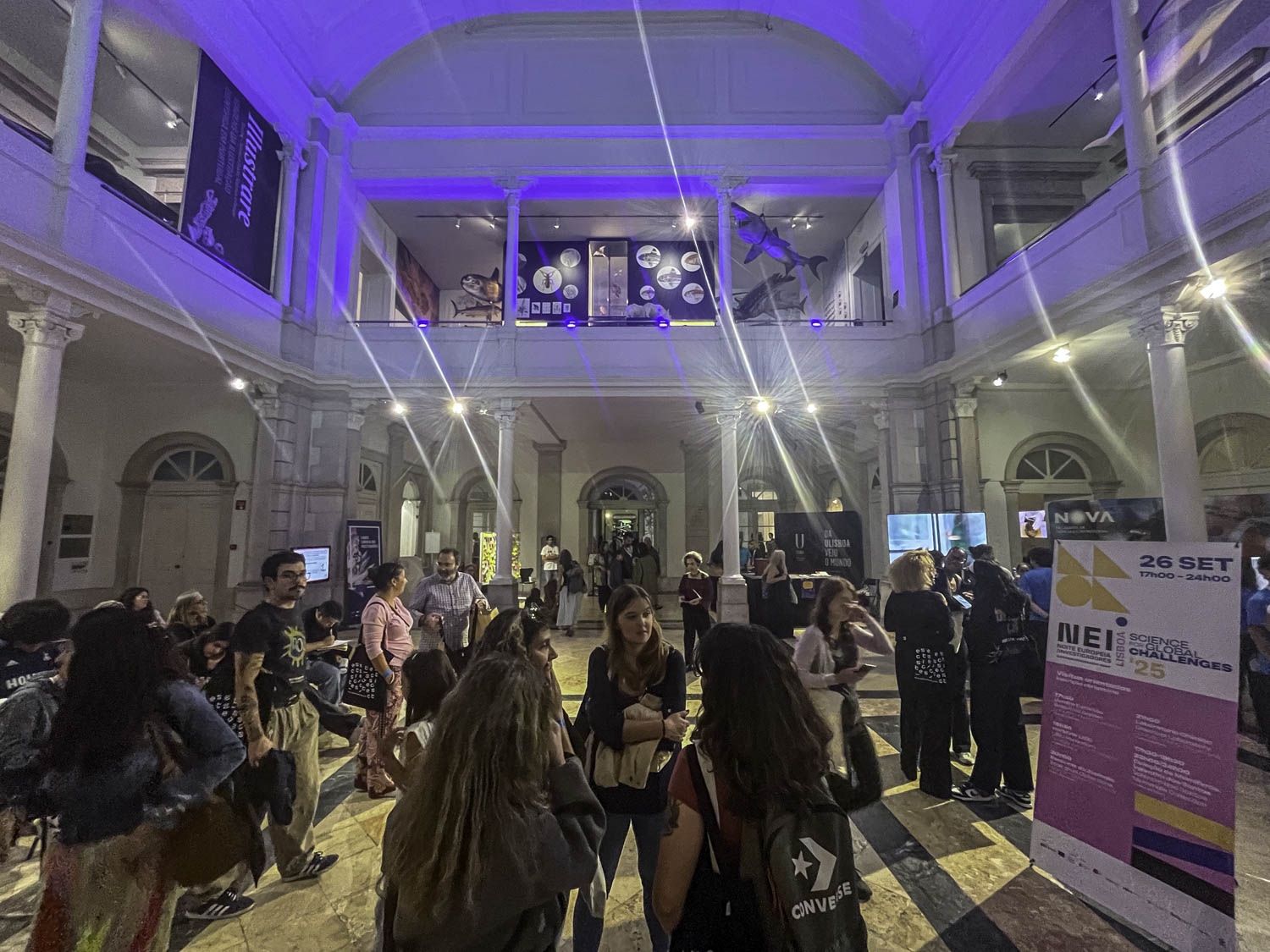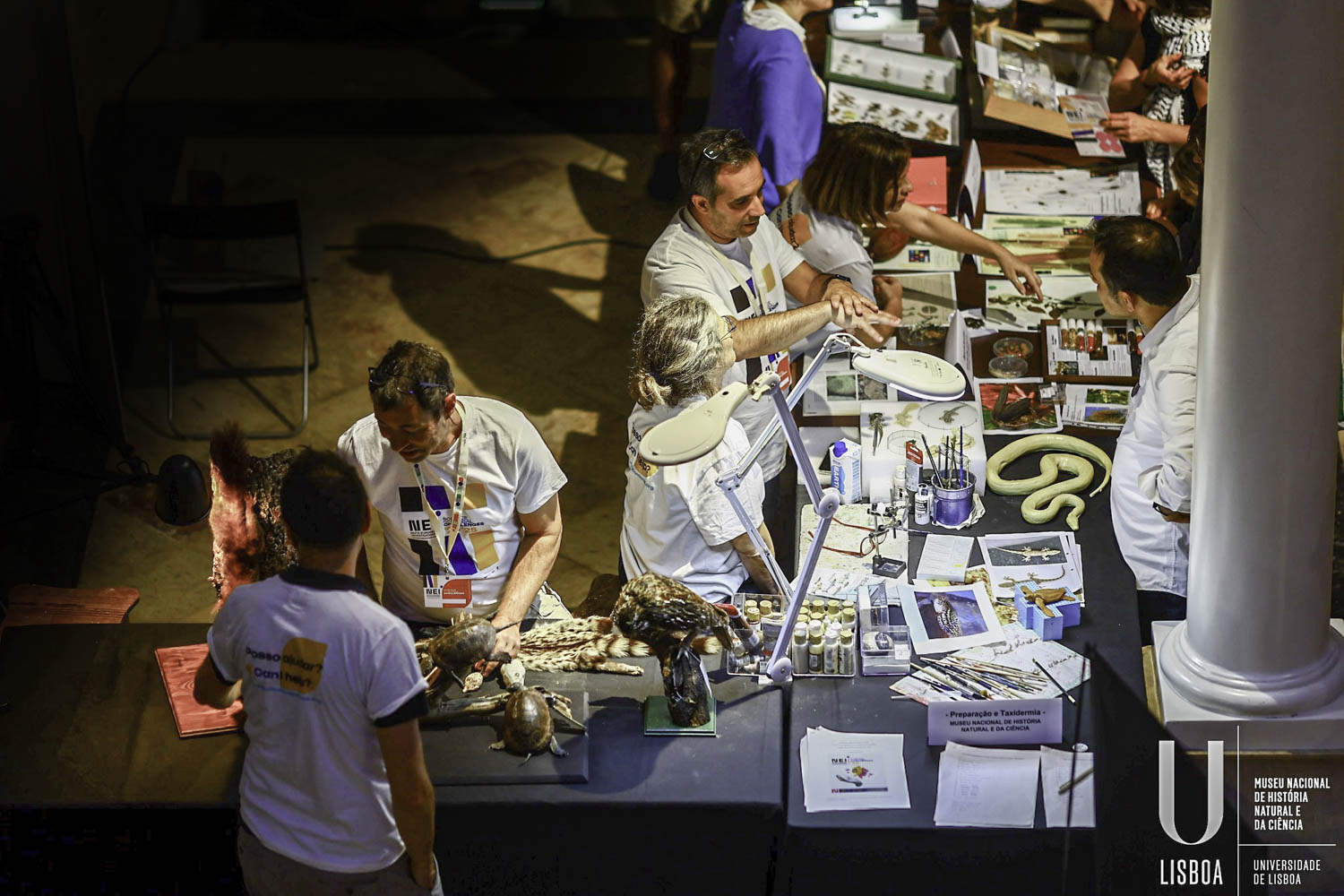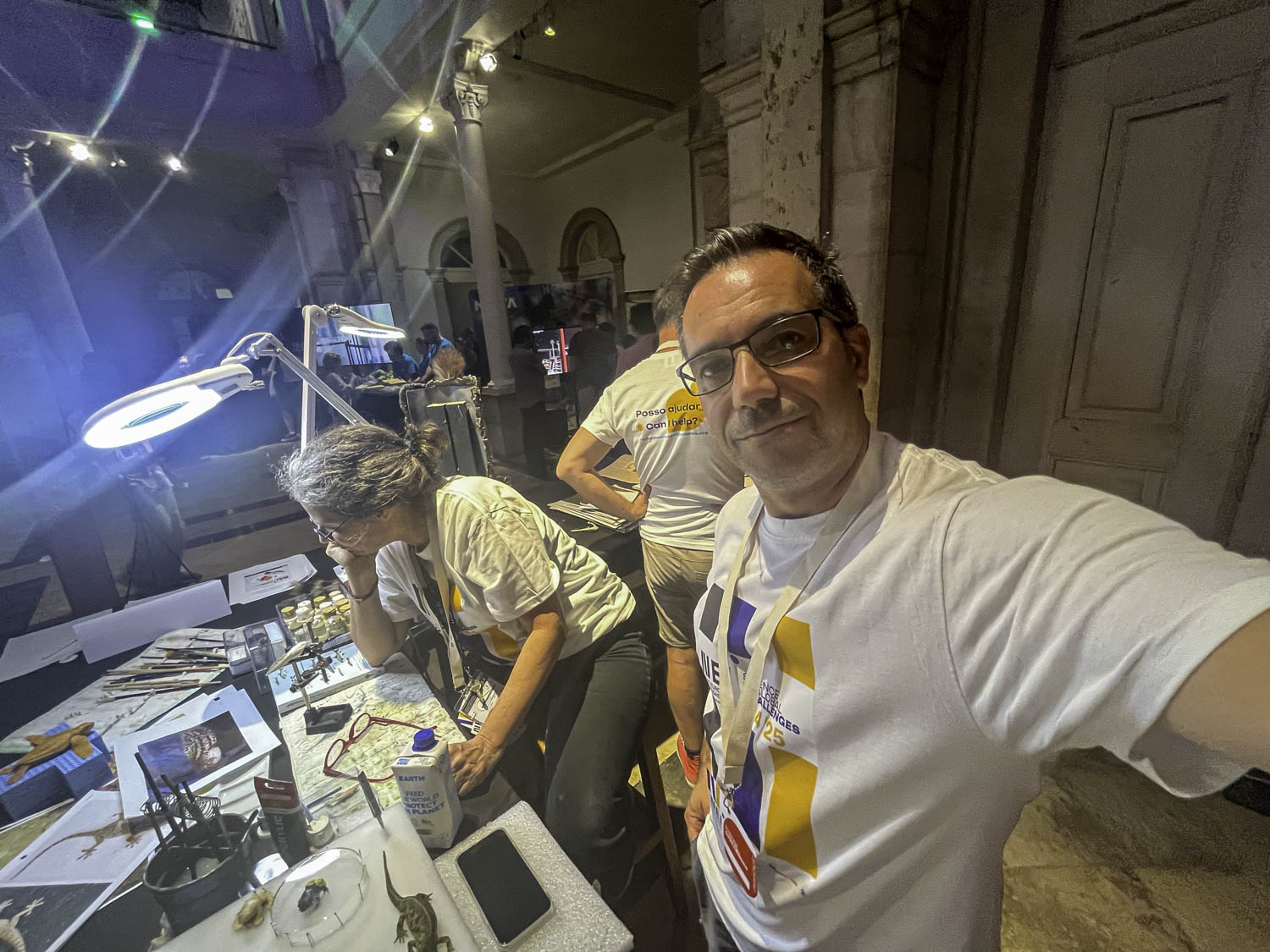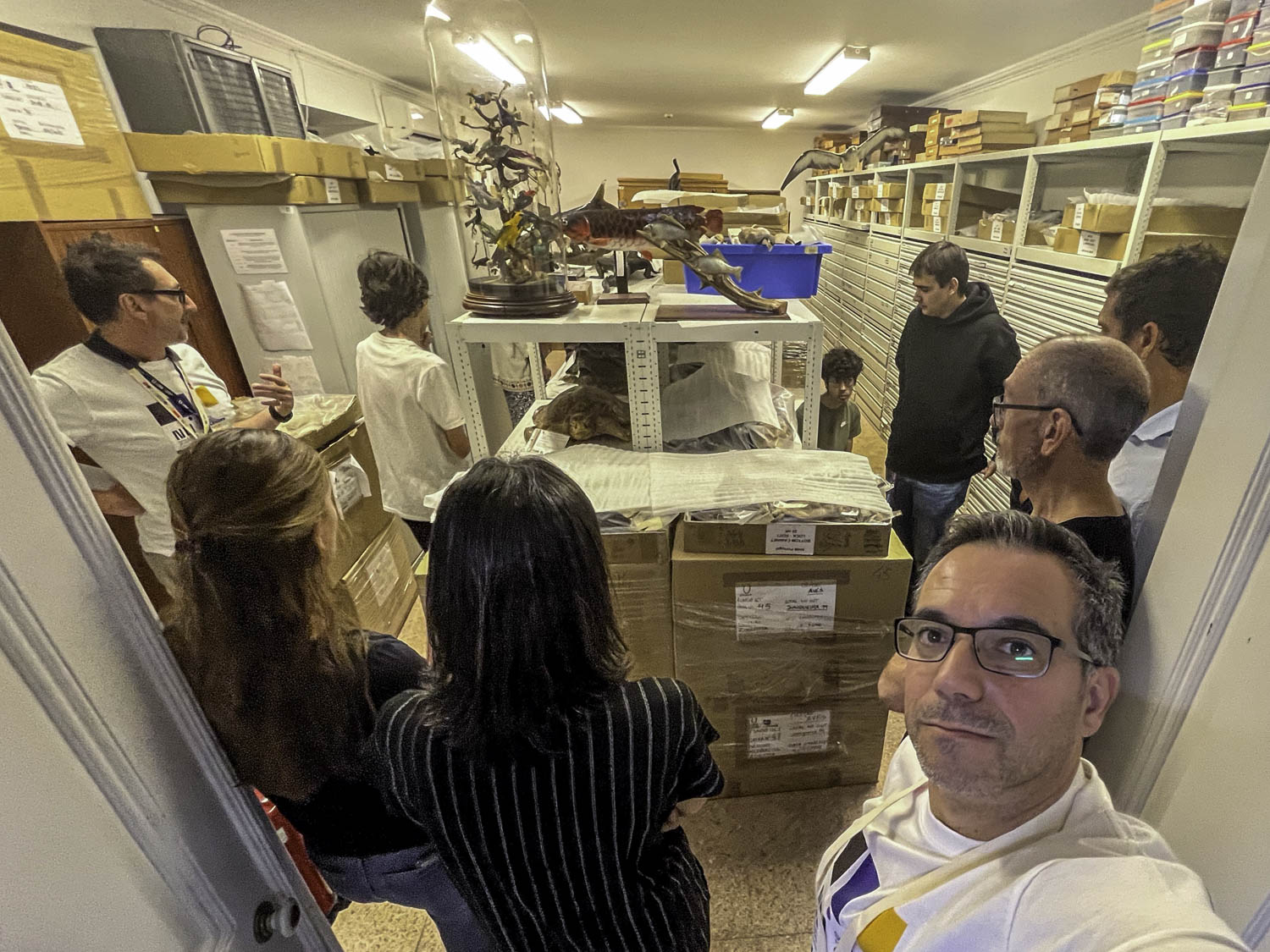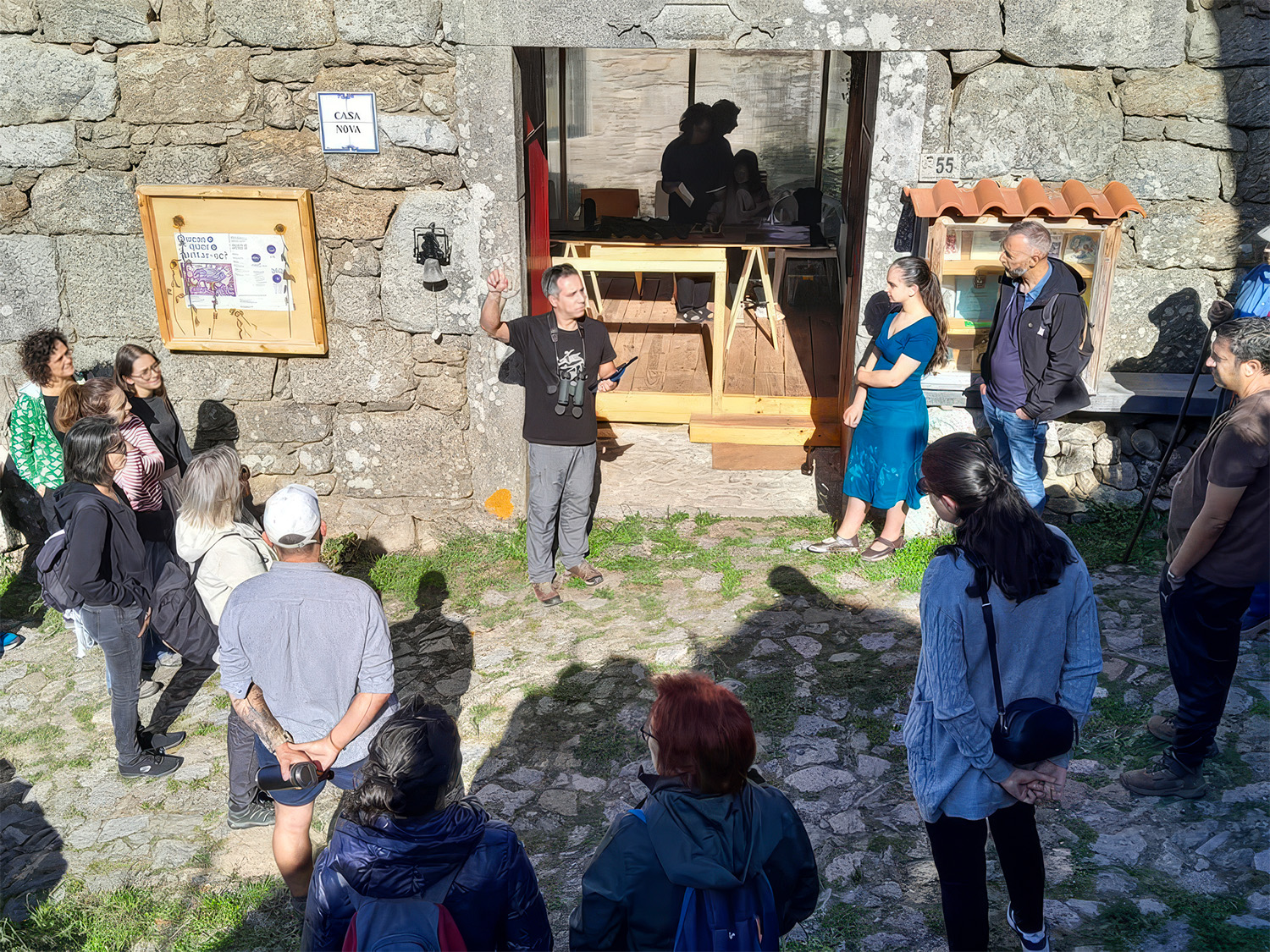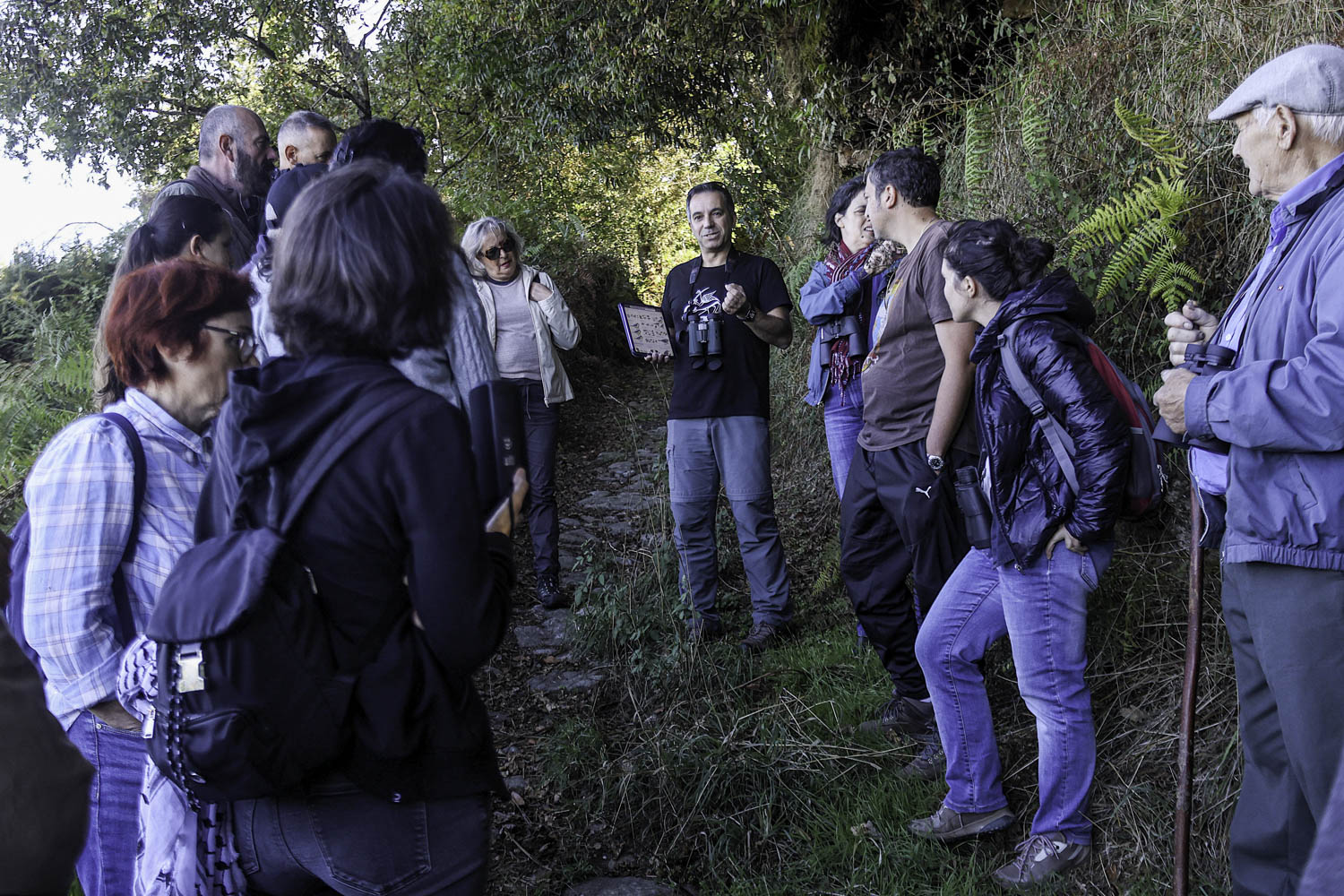It was a joy to attend the 2026 WIMANET Workshop in Vilnius (Lithuania) and witness during four days how networking can provide so many opportunities for advancing our knowledge in Haemosporidians.
Also glad to co-organize with Luz García-Longoria (University of Extremadura, Badajoz, Spain) the WG1 (Genomics) session, where we discussed past and future training opportunities, the impact of short term missions and developments on genomics of haemosporidians.
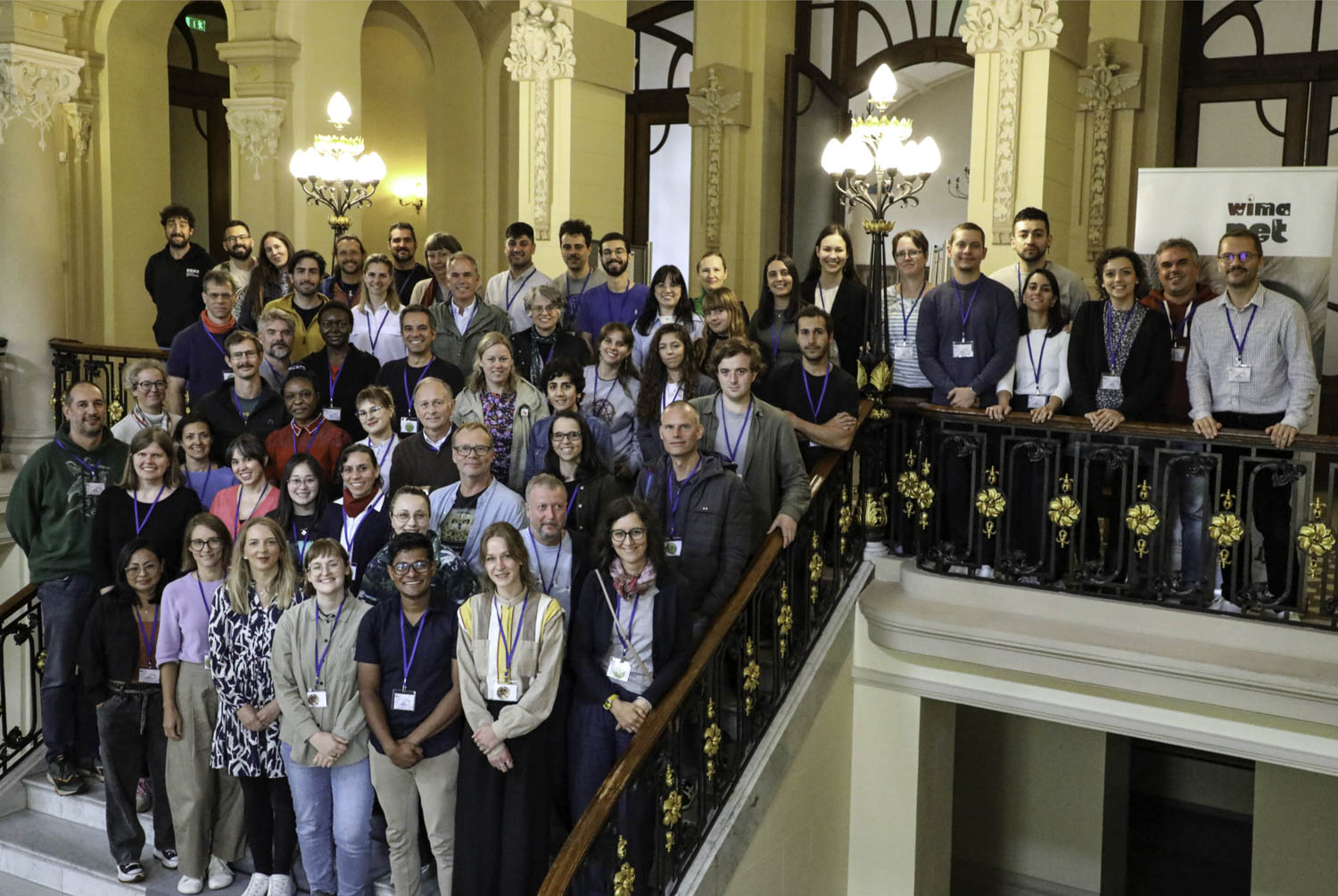
So many happy researchers, at the Vilnius University. It was a great opportunity to network and discuss the future of heamosporidian research
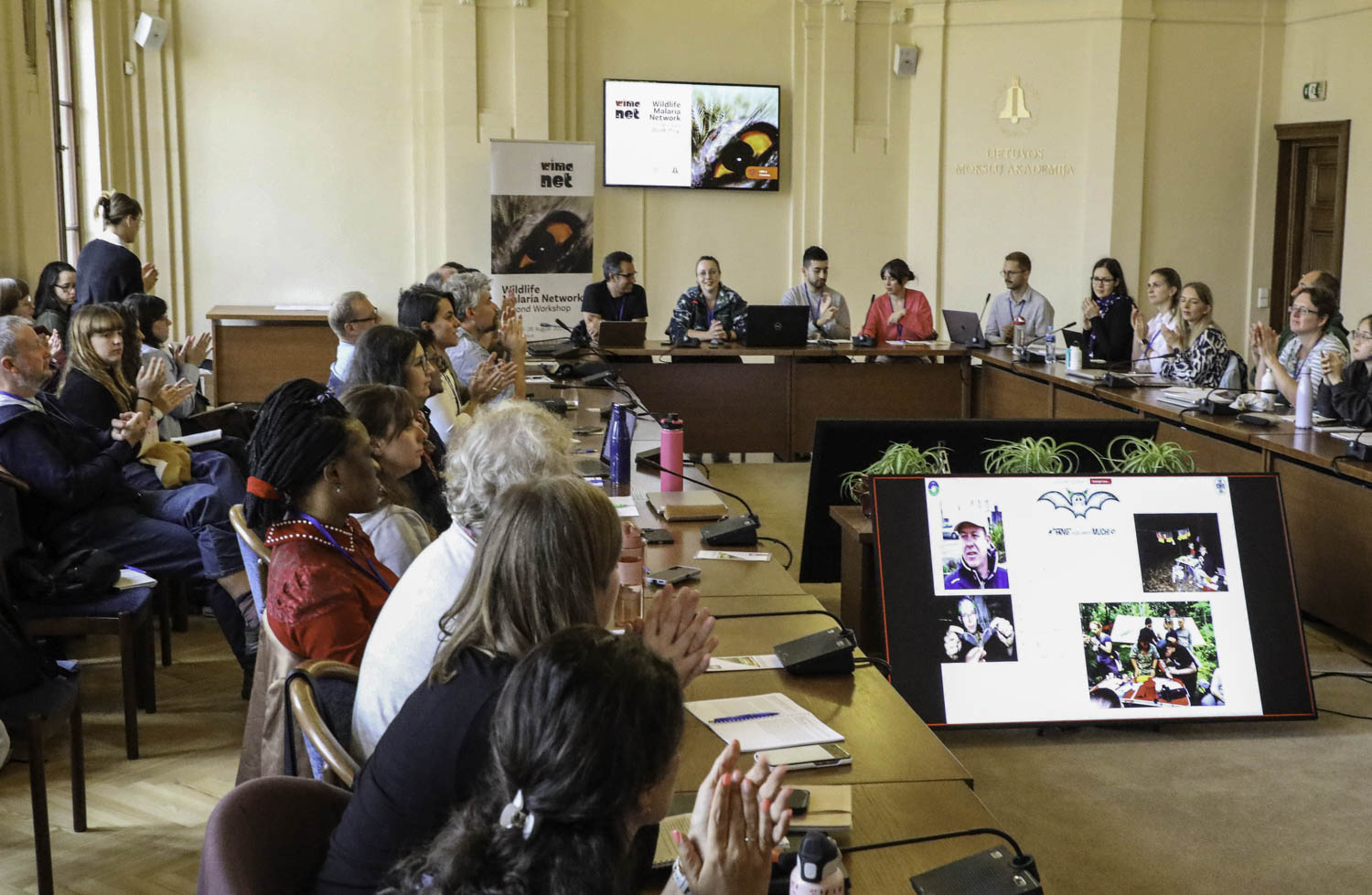
Alexandra Corduneanu (University of Agricultural Sciences and Veterinary Medicine of Cluj-Napoca, Romania) talked about her Short Term Mission on Microbiomes of Bats
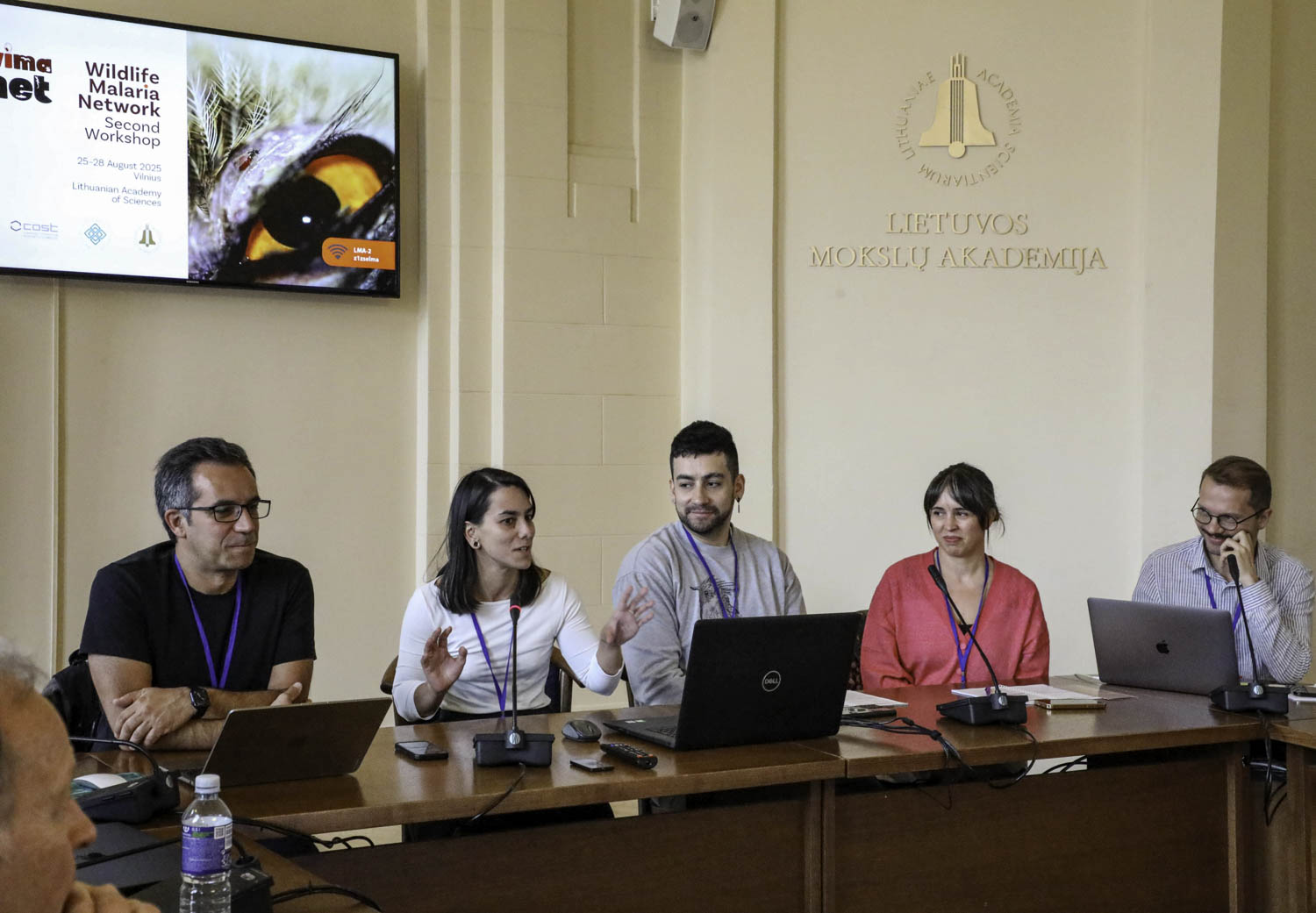
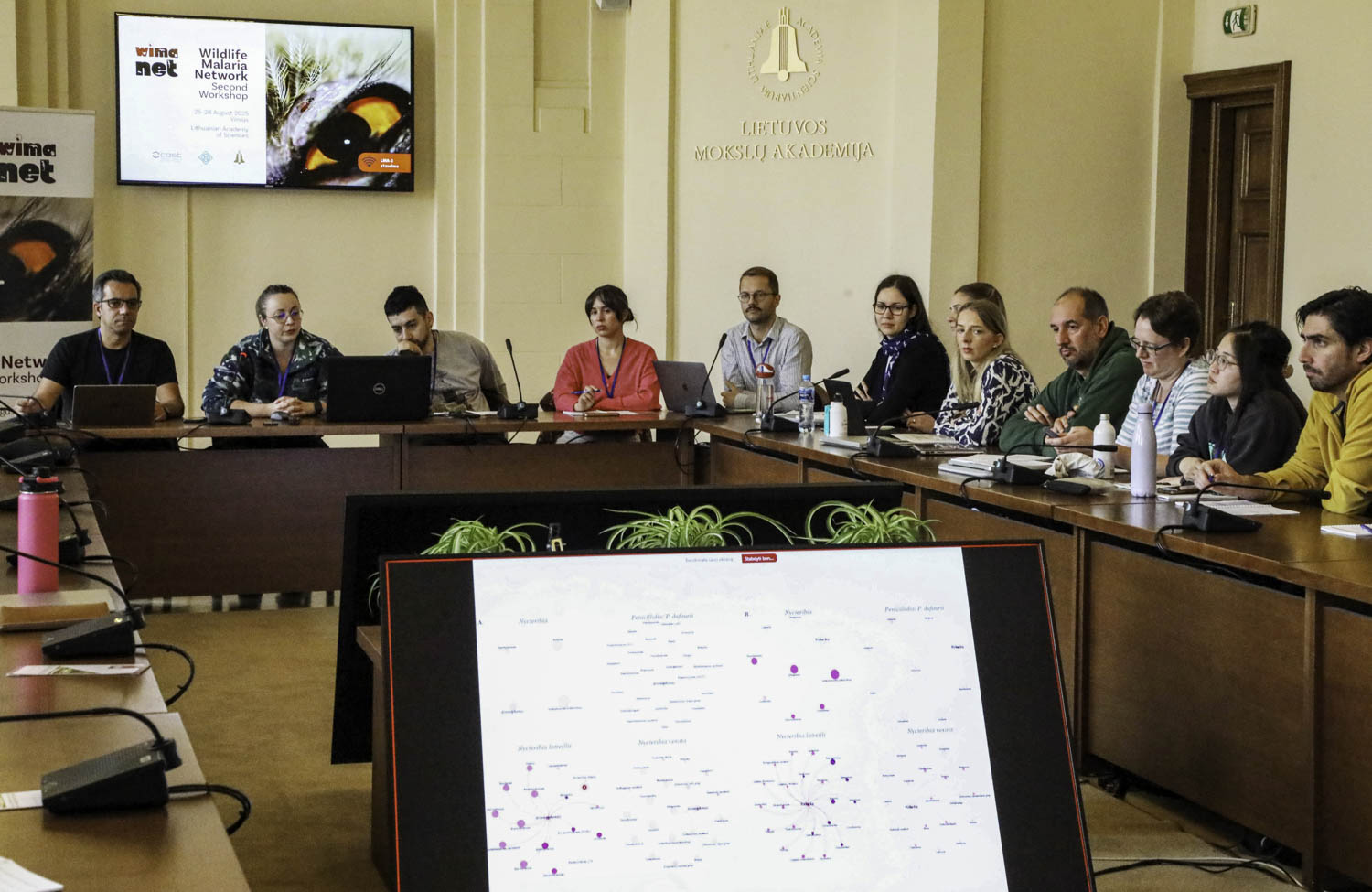
Irene Hernandéz-Caballero (University of Extremadura, Badajoz, Spain) talked about her Short Term Mission to Vilnius (Lithuania) to work on experimental procedures with canaries, and stressed the importance of STSMs for career development
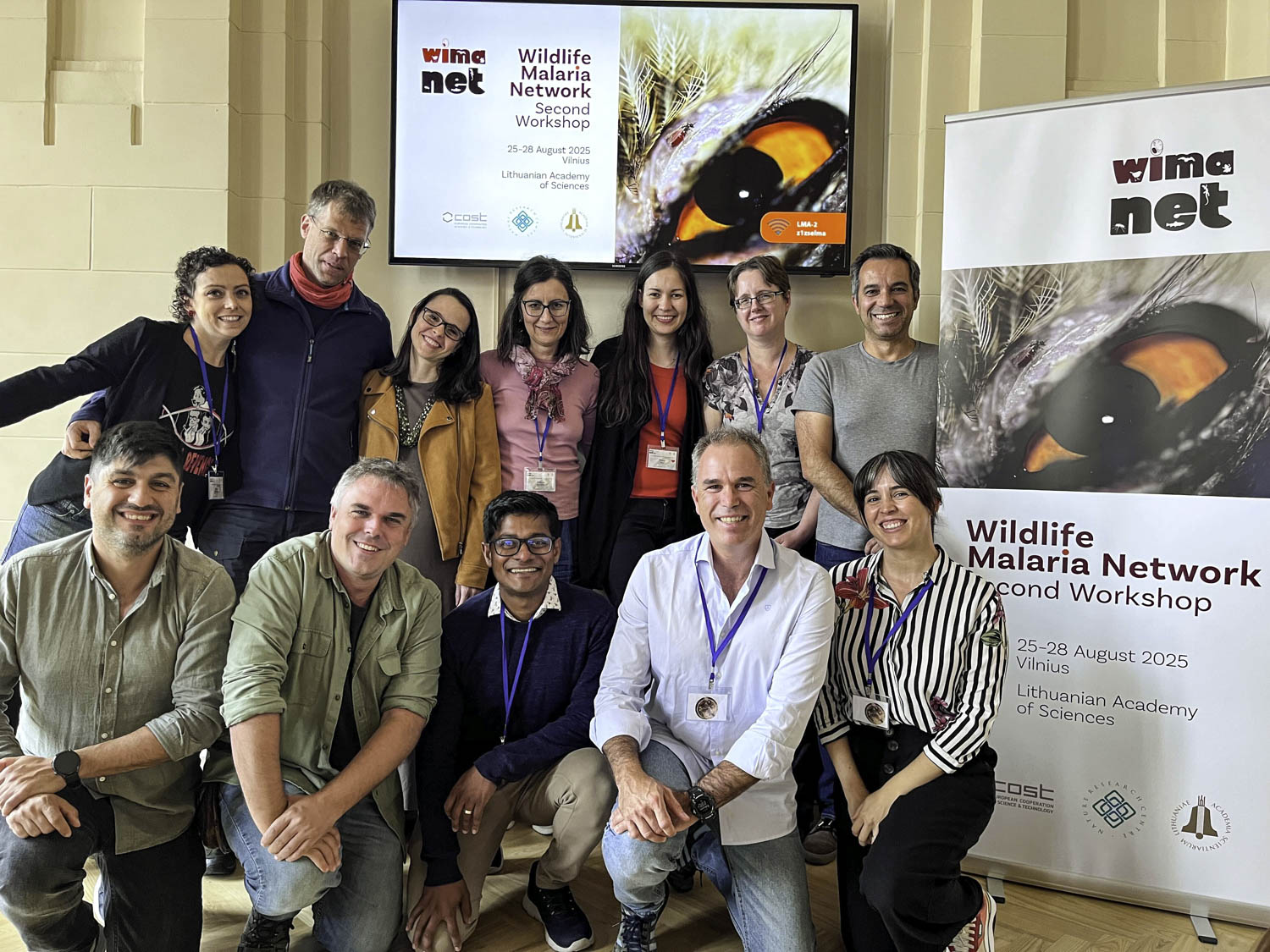
The WIMANET core group look very pleased after its regular meeting, with fresh ideas for the months to come
